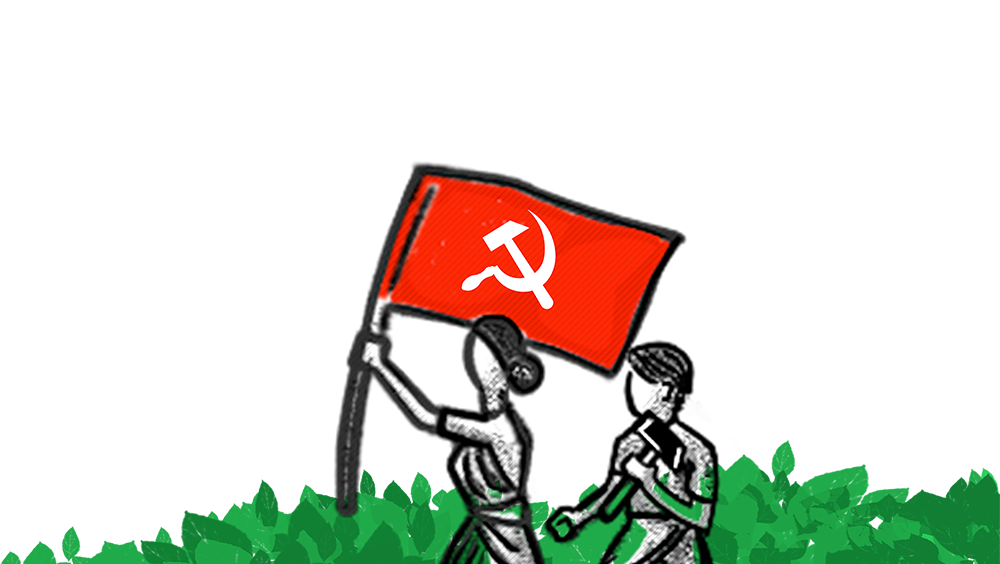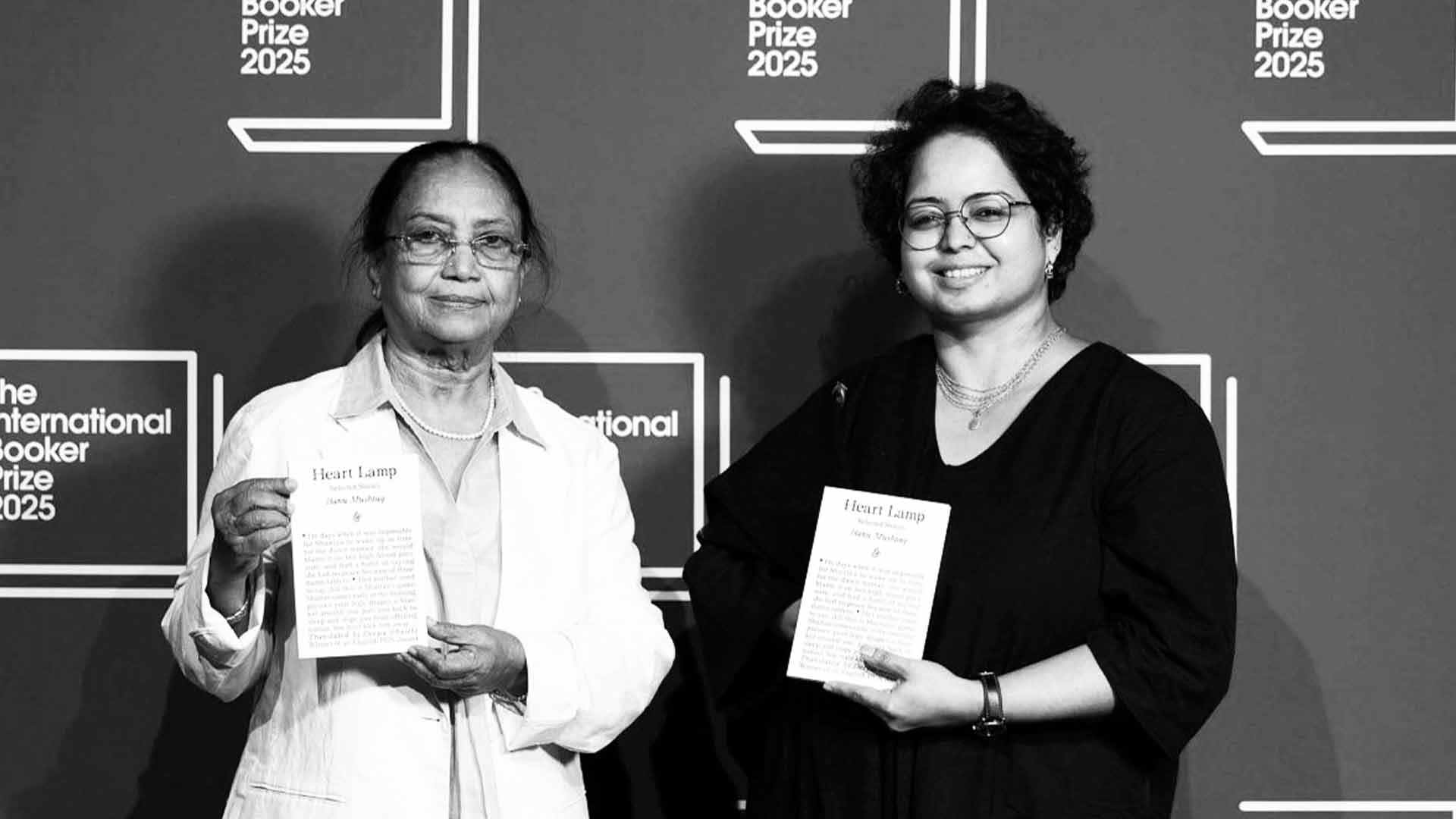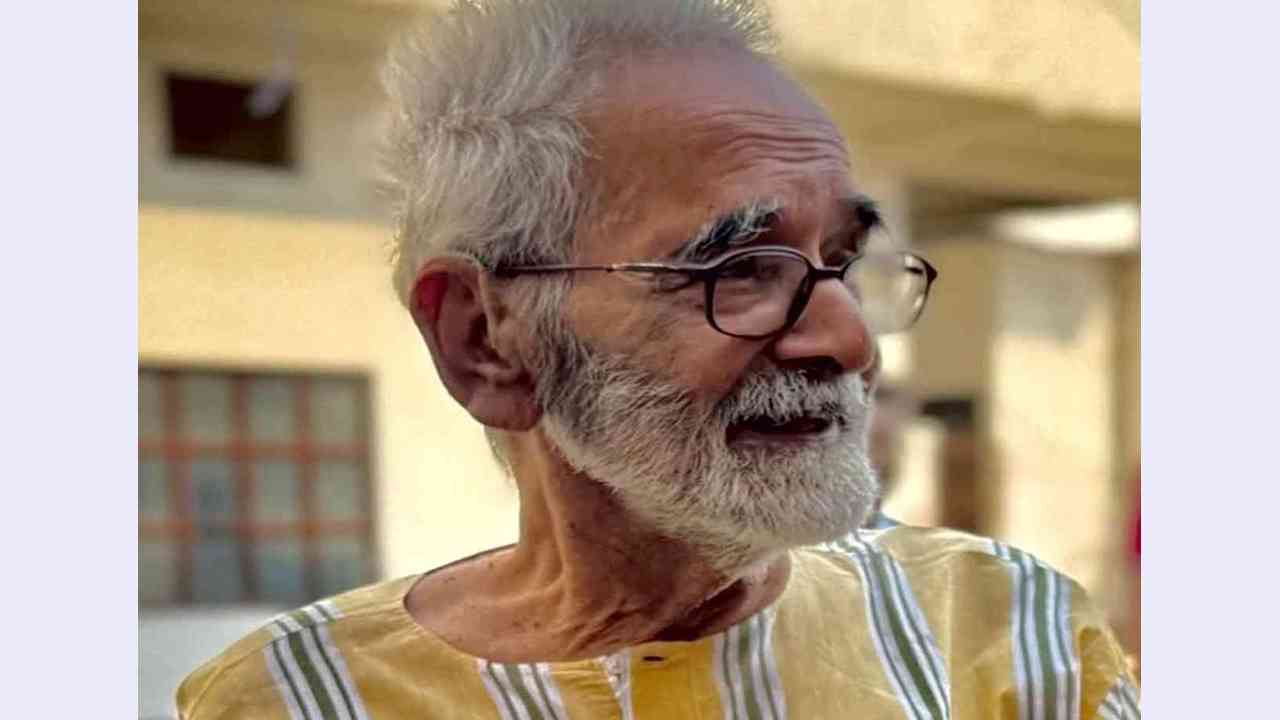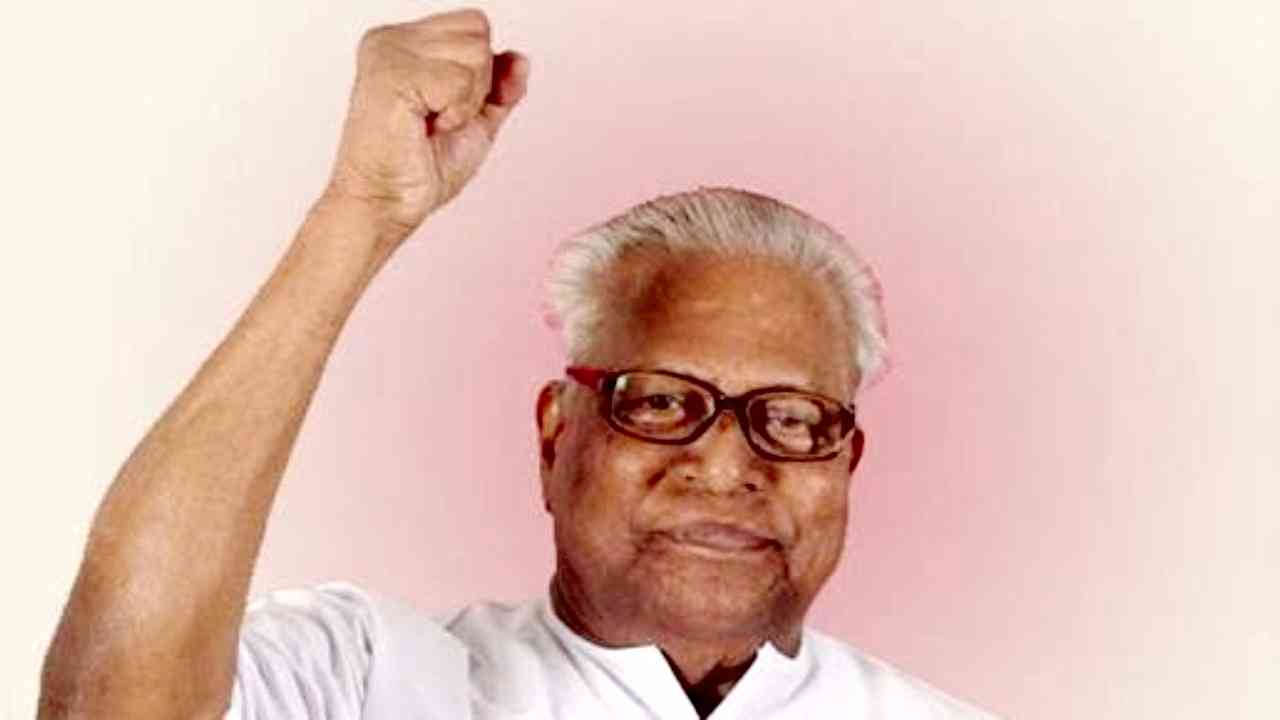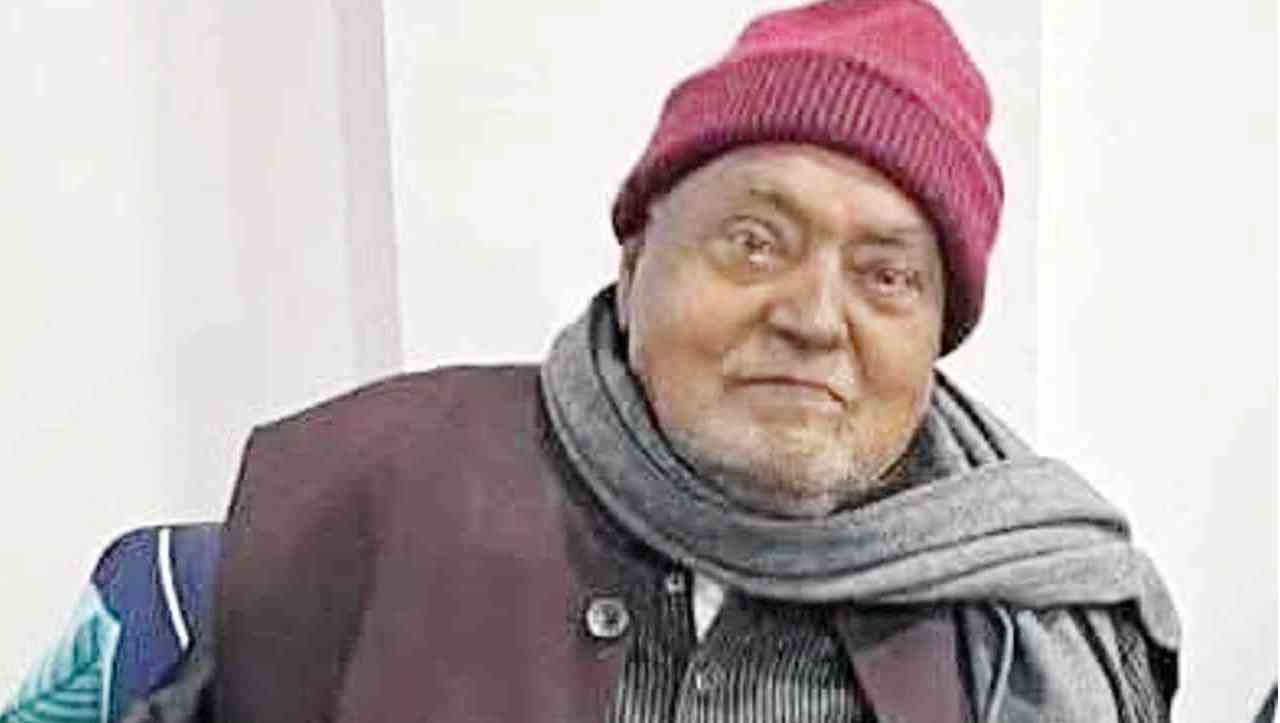Banu Mushtaq has fearlessly confronted caste, class, and patriarchy in her writings and activism with unflinching determination. “My stories are about women – how religion, society, and politics demand unquestioning obedience from them, and in doing so, inflict inhumane cruelty upon them, turning them into mere subordinates. The daily incidents reported in media and the personal experiences I have endured have been my inspiration. The pain, suffering, and helpless lives of these women create a deep emotional response within me, compelling me to write.”, Mushtaq said during a Booker Prize interview.
Banu Mushtaq has braved the threats of Muslim conservatives when she supported women's right to offer prayer in mosques as also the growing communal polarisation in society. It is revealing that she receives the Booker Prize just two years after she presided as chief guest over the Jana Sahitya Sammelana (People’s Literary Conference) held in protest to the exclusion of Muslims and women from the official Kannada Sahitya Sammelana organised by the Kannada Sahitya Parishat.
Banu Mushtaq is a strong voice against the communal agenda of the Sangh Parivar, and never shy to air her thoughts. In an interview with Article-14 on the hijab issue, she had said "This saviour attitude of the Sangh Parivar is only a tool for political gain and is actually being misused to demolish the identity of the Muslims. They have already done that to the Dravidian cultures. In Karnataka, the same cultural practices that Basavanna fought against are getting reintroduced today. The basic teachings of Basavanna need to be understood and practised but whoever tries to do that is being shunned by their own community."
This extraordinary achievement of Banu Mushtaq comes at a time when Muslims were emerging as India’s new Dalits due to their outright oppression, discrimination, marginalisation and ghettoisation. We salute Banu Mushtaq whose writings continue to question the structures of oppression and marginalisation in Indian society. Onward in the struggle for a society free of caste and class, communal polarisation and gender inequality.

